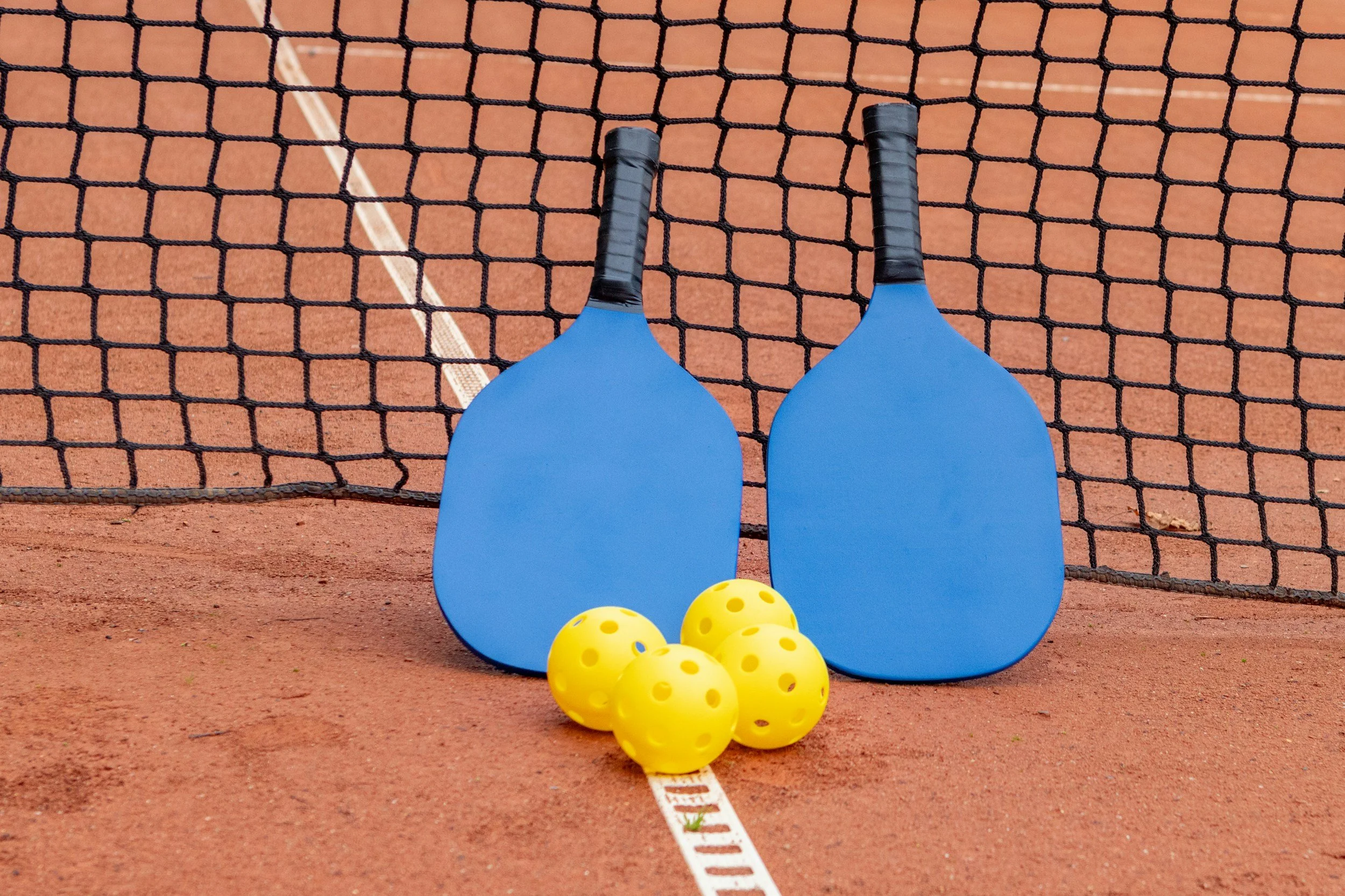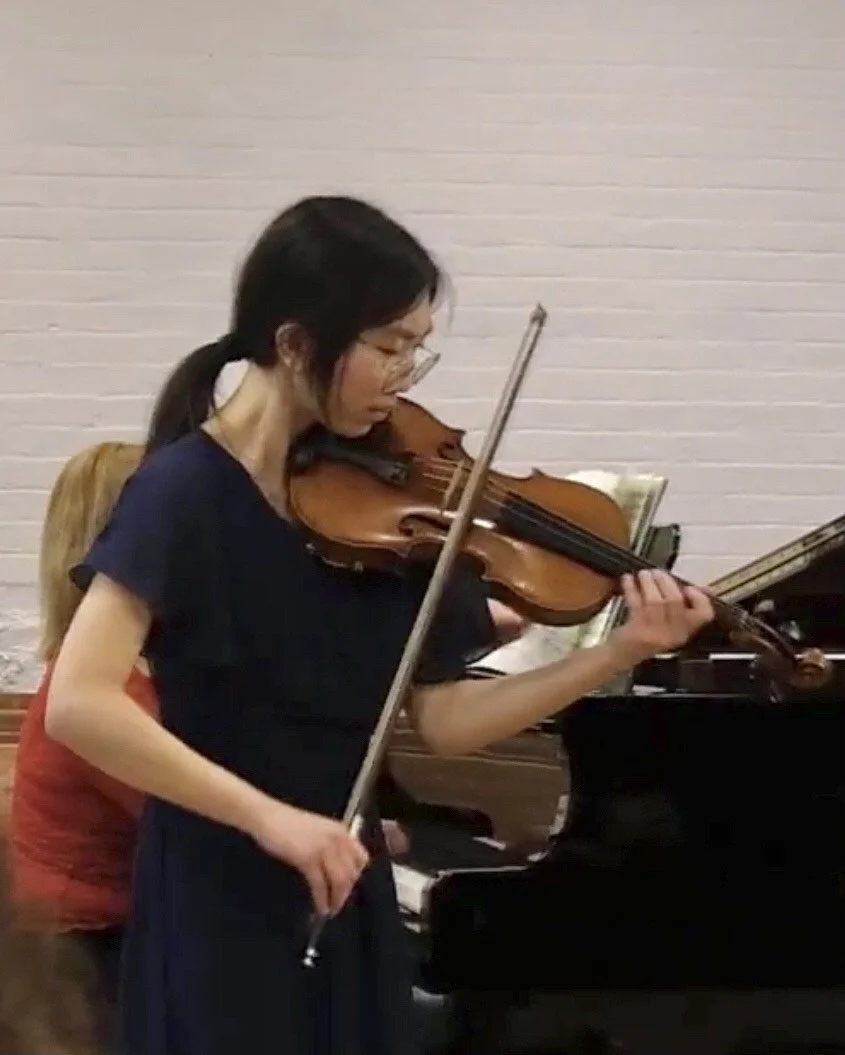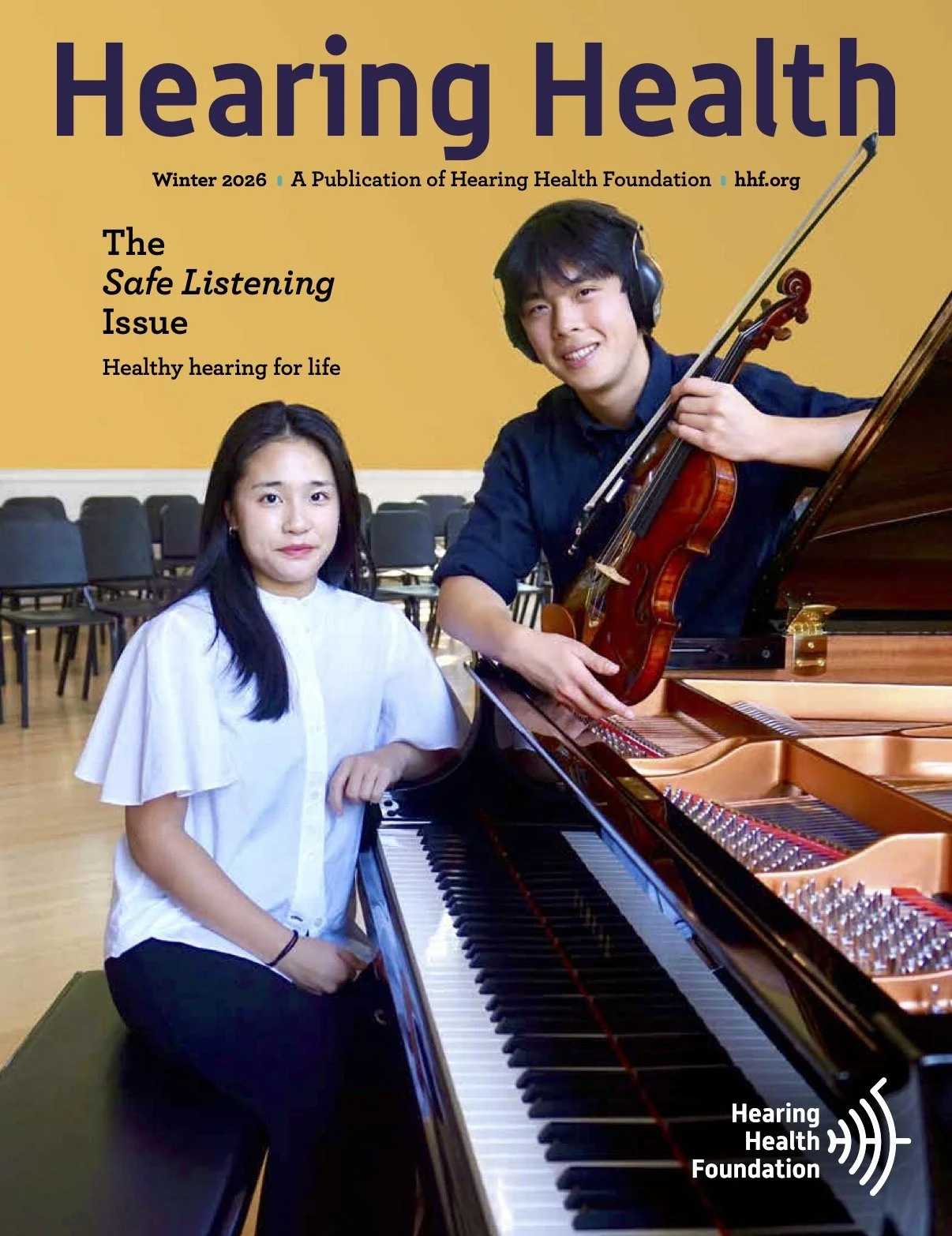By Danielle Hood
When my husband, Brendan, and I learned in 2019 we’d be having a second son in spring 2020, we were overjoyed. Our household of three was soon to become four, and my older child, Cameron, was a big brother to be.
An Unexpected Turn of Events
We were a happy, growing family, eager to bring a healthy child into a healthy world. Or so we thought.
We couldn’t have predicted a single thing about Jackson’s birth. Delivered in the morning via c-section, with Brendan by my side, baby Jackson’s life began as COVID-19 pandemic had begun to wreak havoc on the U.S. And if the public health situation wasn’t enough of an unexpected challenge during Jackson’s birth, he also failed the newborn hearing screening on the first day of his life, and again on the day of discharge. Three months later, in July, we received his formal diagnosis of severe-profound bilateral (in both ears) hearing loss.
Holding a favorite toy, baby Jackson turns for a smile while observing the outside world.
Family Ties to Hearing Loss Helped
The news about Jackson’s hearing was unexpected. Fortunately, we handled it well. We accepted the situation for what it was and felt grateful our son was otherwise a perfectly healthy newborn. What helped significantly was that my late maternal grandfather, too, had a hearing loss. His loss came about in old age after a lifetime of flying planes. He wore hearing aids and used simple words and phrases in American Sign Language (ASL) like “eat” and “I love you.” So hearing loss was actually already very familiar to me.
In fact, we later learned, through bloodwork, that Jackon’s hearing loss was genetic on my side of the family. I carry the Connexin 26 gene GJB2. Mutations in this gene are associated with hereditary hearing loss. Personally, my hearing is typical and I am only a carrier, but I am mindful of the genetic implications for my older son and for Jackson's future children.
So here we were in South Carolina, where a state of emergency had been declared just 6 weeks prior, followed by a “work or home” order 3 weeks prior. Some people might have looked at us from the outside and taken pity on us. They might have thought that everything was going wrong for us. But we stayed strong, and we stayed positive. And most of all, we were confident about our next steps.
We Acted Without Hesitation
Without hesitation, Brendan and I decided we wanted Jackson to have the choice to hear and to access spoken language. It was imperative to us that Jackson could fully and freely communicate with us and his future classmates and teachers. We believe that early intervention is key to long-term success and mainstreaming of education. And so we took action. With the diagnosis we learned that hearing aids would never be sufficient, so we immediately started the process to get Jackscon evaluated and approved for cochlear implant (CI)s in both ears. We were also instructed that if he would like to be a part of the Deaf community when he is older and fully embrace ASL, he’ll be able to make that decision if he chooses.
The full Hood family enjoying the outdoors. From left to right: Brendan, Cameron, Jackson, Danielle.
Jackson’s CI surgery took place in February and March for his right and left ears, respectively, and activations for each took place the following month. We’re grateful to our amazing team of doctors, audiologists, and speech therapists at the Medical University of South Carolina to help embrace us and support us. We have also made friends with other parents going through the same process for their children. It's great to compare notes or just have someone to send a simple text to who lives and breathes this unique experience.
The Right Choice, and Future Wishes
Today, the rewards one year after our son's diagnosis are amazing. Seeing my son, not even 7 months post-activation, babbling, saying “Dada” and “Mama” are even more special with all of his progress in mind. Deaf kiddos are really amazing. It can be hard to recognize their accolades when you are just going through the motions, but having some time to reflect empowered us to know how strong we are. I know that we made the right choice for our son.
In the future, my biggest wishes — beyond more research and cures for hearing loss — are that Jackson will be able to advocate for himself and that the stigma surrounding hearing loss and devices will continue to diminish. I want him to know that he’s brave, he’s strong, and he has so much potential.
Danielle Hood is a technology sales professional living in South Carolina with her family.








As the first known Black author to publish a 10-book children’s series centered on deaf, hard of hearing, and disabled heroes, I’ve created what I once longed for: stories where children see themselves as powerful.